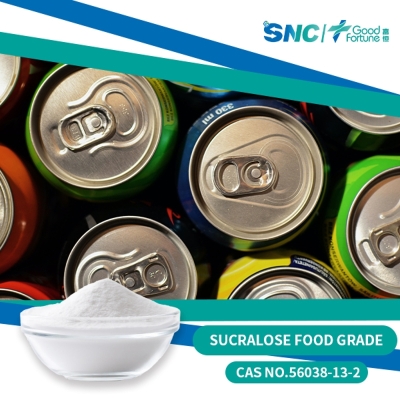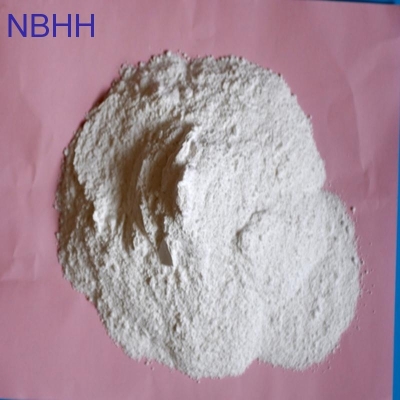-
Categories
-
Pharmaceutical Intermediates
-
Active Pharmaceutical Ingredients
-
Food Additives
- Industrial Coatings
- Agrochemicals
- Dyes and Pigments
- Surfactant
- Flavors and Fragrances
- Chemical Reagents
- Catalyst and Auxiliary
- Natural Products
- Inorganic Chemistry
-
Organic Chemistry
-
Biochemical Engineering
- Analytical Chemistry
-
Cosmetic Ingredient
- Water Treatment Chemical
-
Pharmaceutical Intermediates
Promotion
ECHEMI Mall
Wholesale
Weekly Price
Exhibition
News
-
Trade Service
As consumers pay more and more attention to nutrition and health, the sugar-free beverages of major brands have unknowingly occupied the "C position" in supermarkets
Zhang Qian, deputy director of the Student Nutrition Office of the Institute of Nutrition and Health of the Chinese Center for Disease Control and Prevention, introduced that "sugar-free" in sugar-free drinks means that there is no natural sugar in it, and the sweet taste is brought about by sweeteners
There are also natural and artificial sweeteners.
"If the sweetness is graded, the sweetness of sucrose is 1.
The "Dietary Guidelines for Chinese Residents (2016)" recommends that the daily intake of added sugars per adult should not exceed 50 grams, preferably less than 25 grams, and the sugar intake should be controlled below 10% of the total energy intake
In China, the sugar content of 100 ml of sugar-sweetened beverages is usually about 10 grams, and low-sugar beverages generally do not exceed 5 grams
Shimai introduced that sweeteners are many times more sweet than natural sugar.
After ingesting sugar, the various systems of the human body will naturally mobilize, the pancreatic islets begin to secrete insulin, the sugar is digested and decomposed into monosaccharides for the human body to use, and the excess sugar is converted into glycogen or fat and stored in the body
For children and adolescents, habits are formed from an early age.
As far as drinks are concerned, plain water is the best choice
Shimai reminded that some sugar-free drinks contain carbonic acid, such as sugar-free cola.
"Reducing the intake of sweets, sweet drinks, sugar substitutes, etc.
It is necessary to ensure an appropriate intake of cereals and potatoes, so that the intake of carbohydrates can reach 50%-65% of the total dietary energy
Eat natural refined white rice, refined white noodles, and sweet fruits in moderation
Some finely processed foods, such as biscuits, potato chips, cakes, etc.
"Actually, weight control is not only about controlling carbohydrate intake, but also depends on whether the total energy intake exceeds the standard
(Maggie Cheung)
"China Food News" (May 12, 2021 03 edition)
(Editor in charge: Zhou Yan)







